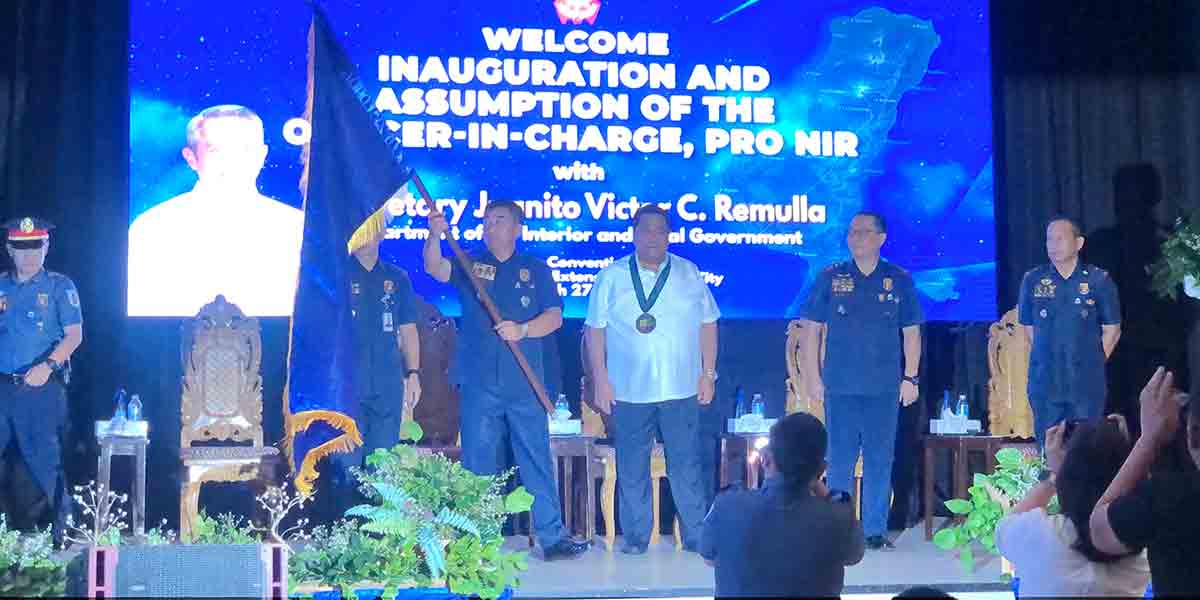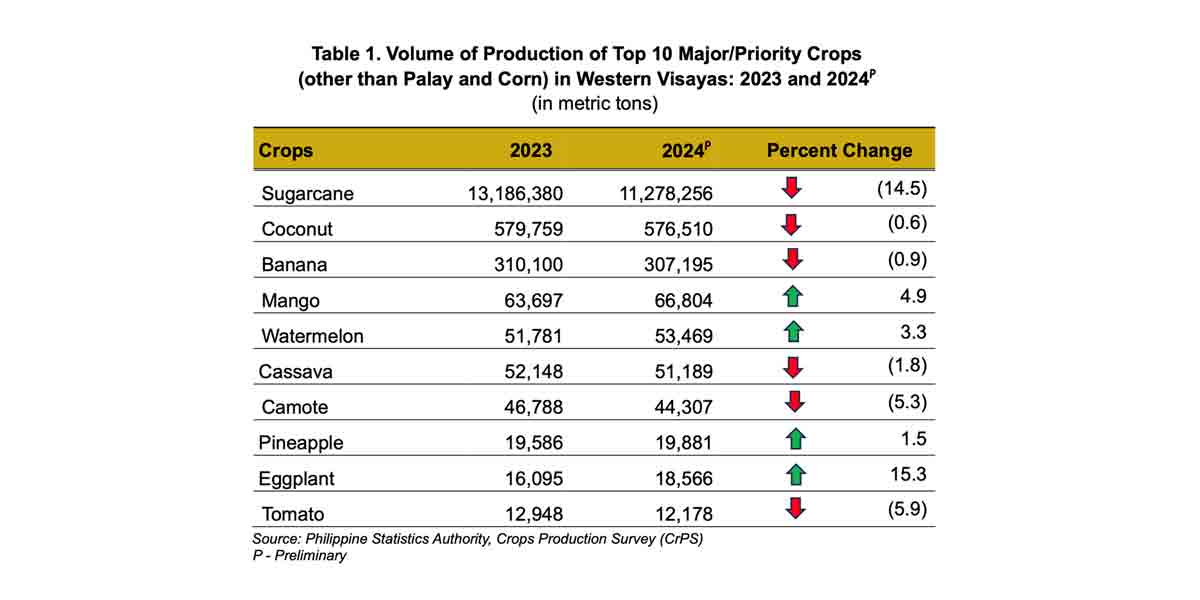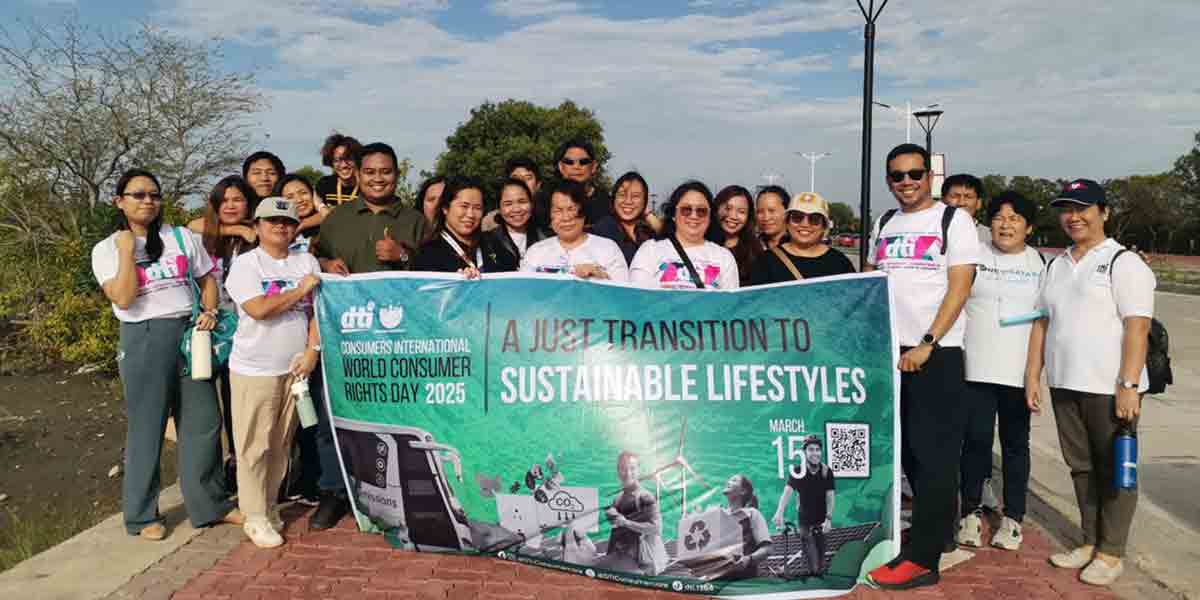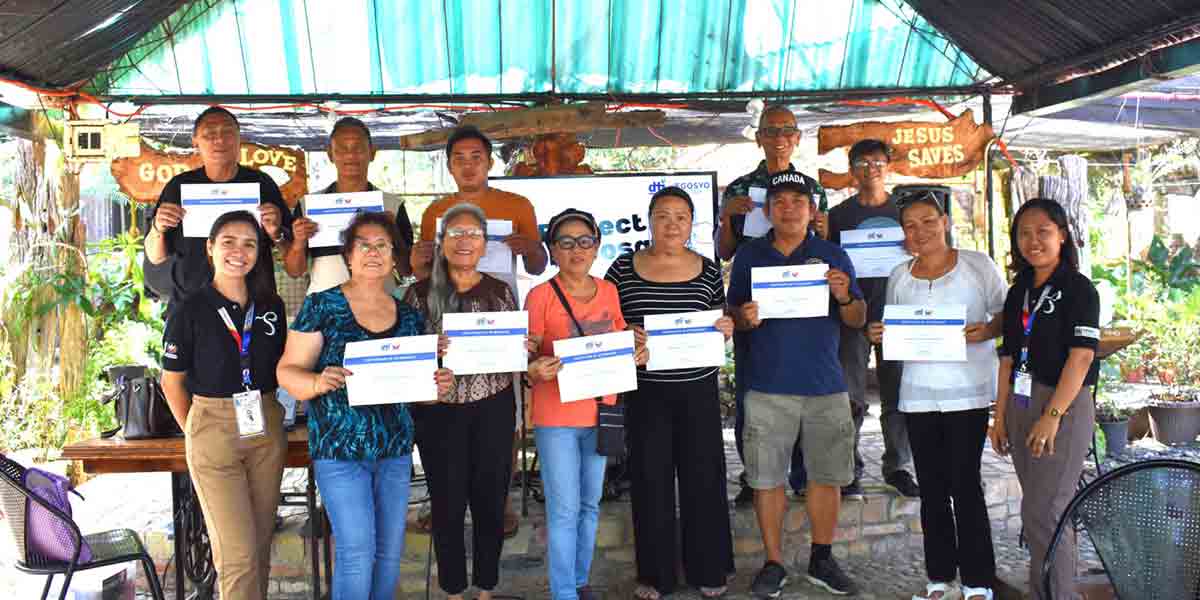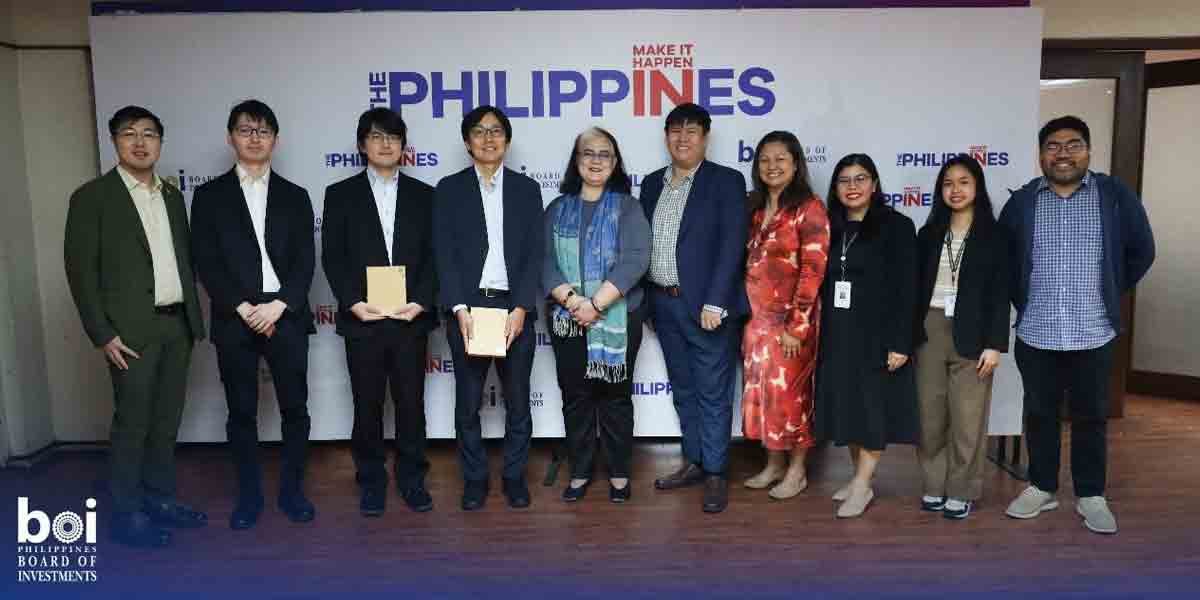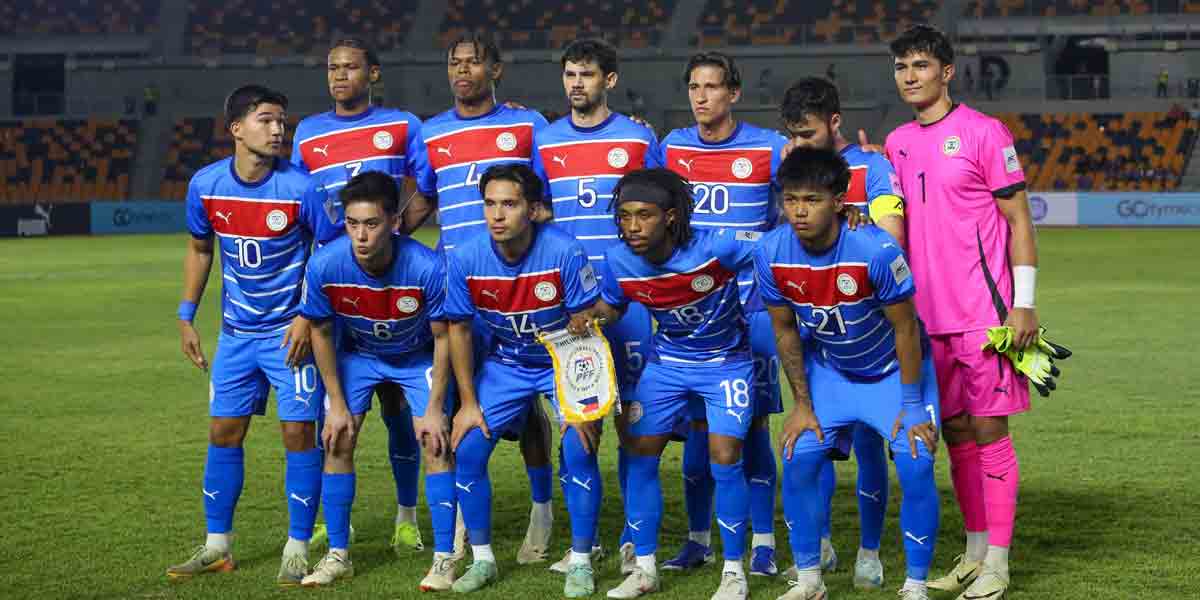Panga said this as the Asian Development Bank (ADB) invited PEZA to participate in the “Roundtable on Operationalizing Free Zones in Mongolia” which was held last November 15-16, 2022 in the capital of Mongolia.
ADB’s objective in the roundtable is to identify challenges and areas of improvement in the ecozones in Mongolia and establish a roadmap—together with the government of Mongolia and stakeholders—to address their ecozones development concerns and way forward.
The Philippines, including Georgia and China, was chosen for resource person who is senior level professional manager of special economic zone to share deeply on managing and operating efficient and cost-effective special economic zones.
In behalf of PEZA, Emmanuel Cortero who is currently the OIC Zone Administrator (ZA) of the Baguio City Economic Zone (BCEZ) and Department Manager of Ecozone Development Department (EDD), joined the roundtable in held in Mongolia.
Also joining was Promotions and Public Relations Group (PPRG) Corporate Communications Division head Tasneem Eshmael.

IN-DEPTH DISCUSSION
On the first day of the roundtable discussion, the session began with the presentation of ecozone managers in Mongolia who were leading respectively (1) Zamyn-Uud economic zone; (2) Altanbulag economic zone; (3) Tsaganuur economic zone; and (4) Khushig Valley economic zone. They presented their status and challenges. This was followed by the presentations from resource persons including from PEZA Mr. Cortero.


Sharing his experience of the two-day roundtable discussion, OIC Zone Administrator Cortero said “I am pleased to present in behalf of PEZA and represent the Philippines. It is our collective pride that Philippines is looked up to in terms of our competitiveness and success in ecozone development and the strategic role of ecozones in the economic progress in the country.”
On her part Emma Fan, the ADB’s Director on Public Management, Financial Sector, and Regional Cooperation Division for East Asia Department expressed that “Mongolia is revitalizing its free zones as an engine of growth, employment and income generation. The Philippines’ success story on special economic zones offers valuable insights and international best practice for Mongolia to learn from to refine its free zone governance and business model.”
Fan added that “The roundtable between Mongolia free zone governors and the experts from Georgia, the People’s Republic of China, and the Philippines—represented by PEZA’s EDD Department Manager Emmanuel Cortero—provided an excellent opportunity for cross-learning and potential future cooperation among free zone entities in the region and beyond.”
Mr. Cortero presented about PEZA’s concept and legal framework of developing and registering different types of economic zones, PEZA’s brand of excellence such as one-stop-shop, ease of doing business, streamlined and automated processes, governance structure, and touched on public-private partnership on ecozone development. To date, PEZA manages four public economic zones (located in Baguio, Cavite, Pampanga, and Cebu) while the rest of 415 economic zones are privately-developed and registered to the authority. This is of keen interest to the Mongolian ecozone stakeholders.
Context-based ecozone development
The managers of the said four economic zones of Mongolia have respectively expressed appreciation to the learning from PEZA, albeit their action plans on their ecozones have to be tailored to their own political and social context.
Meanwhile, the Mongolia Zone Operators Roadmap for Growth and Sustainability identified key themes to review and improve on in strategic ecozone management such as (1) policies, laws, and regulations; (2) institutions; (3) investment, zone development, maintenance; (4) management and governance structure; and (5) business process.


